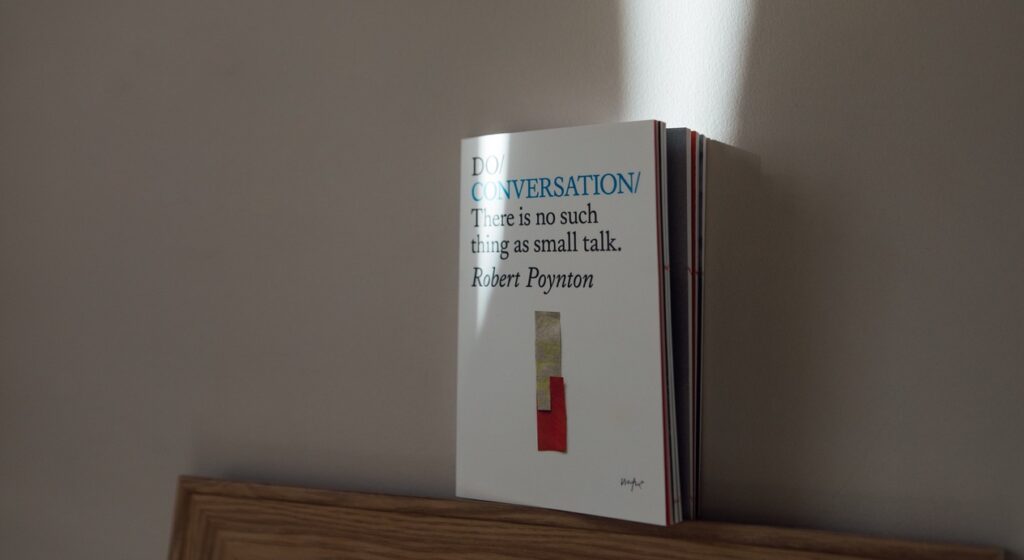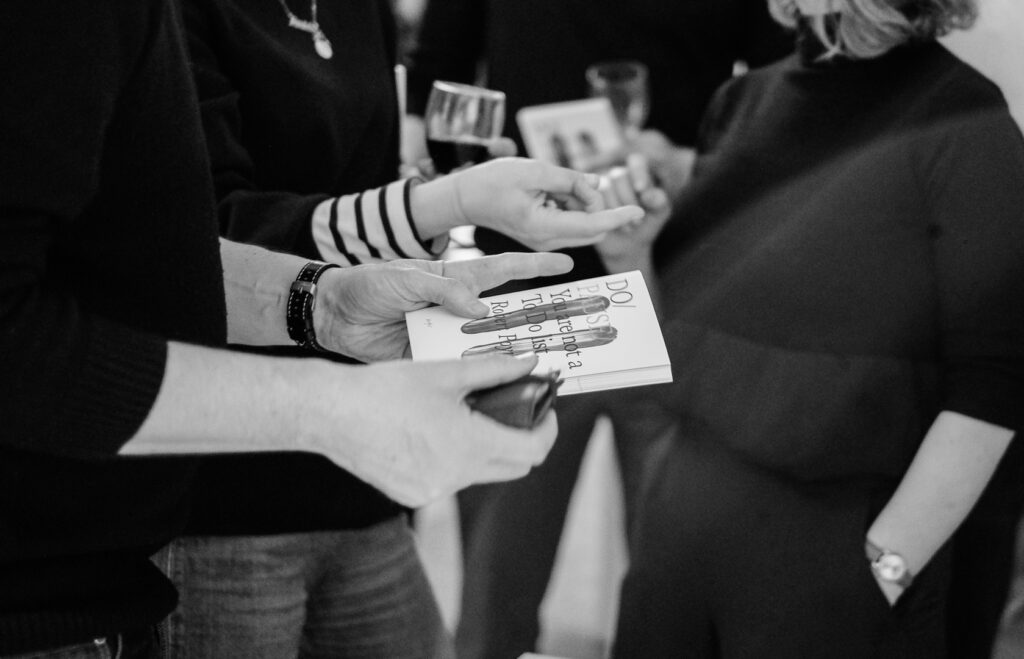In an interview last year, I was asked why we use the arts and humanities so much on the Oxford Strategic Leadership Programme.
To me, the question revealed a couple of assumptions. First, that the most important knowledge is proto-scientific, technical and in the main, rational. And, as a natural consequence, that it is the most recent theories, the ‘latest research’ we should pay most attention to. These assumptions are, I think, very widespread, which is what made it a natural question to ask. I also think they are mistaken. So I answered with another question.
‘Why would you ignore the collected wisdom of thousands of years of human inquiry?’ I replied.
We are easily seduced by novelty and recency and can quickly become ‘fashionistas’ of thought. This is upside down. My feeling is that there is a kind of inverse law in play, along the lines of ‘the more recent it is, the more likely it is to be trivial or inconsequential’.
If you are grappling with anything that involves a consideration of human nature (and frankly, who isn’t?), if you are looking for deep understanding, for an explanation of why we act as we do, then you are going to need, at the very least, to include the long view of human thought.
It is a bit like biomimicry. Yes, it is a nascent field, but biomimicry bases itself on three billion years of research in the massive R&D lab that is ‘life on planet earth’. Surely the collective wisdom of thinkers and doers throughout the ages is more likely to hold solutions to important human issues than an up to the minute MBA?
So, if you want to learn proper grown up stuff then the old ideas are the best. Or to put the same thing the other way around, that if you only concern yourself only with new learning, you are unlikely to come across anything that is great.




